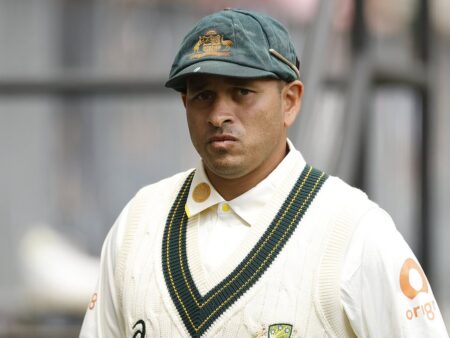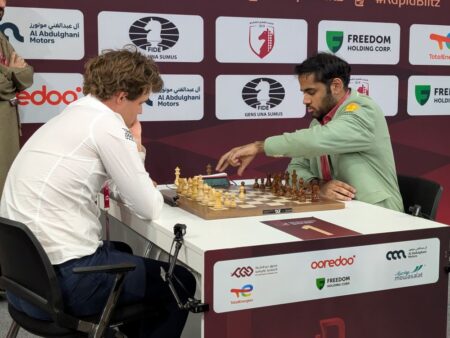Human Rights Watch has appealed to the International Cricket Council (ICC) to consider suspending Afghanistan’s membership. This request is due to the Taliban’s restrictions on women’s access to education and sports, which are seen as violations of human rights.
In a letter to ICC Chairman Jay Shah, dated February 3 and publicly released on March 7, Human Rights Watch expressed its concerns. The organization urged the ICC to take action until women and girls in Afghanistan are once again allowed to participate in both education and sports.
Human Rights Watch identifies itself as a non-governmental organization operating globally and independently. It focuses on researching and advocating against human rights abuses committed by both governments and non-governmental entities worldwide.
The letter emphasizes the need for the ICC to adopt a human rights policy, aligning with the United Nations Guiding Principles on Business and Human Rights. It also acknowledges the ICC’s commitment to allocating more resources to women’s cricket.
Since regaining power in August 2021, the Taliban has implemented numerous policies that severely limit women’s and girls’ fundamental rights. These restrictions include limitations on freedom of expression, movement, employment, and education beyond the sixth grade, impacting their access to essential rights such as life, shelter, healthcare, and sustenance.
Human Rights Watch highlights the ICC’s anti-discrimination policy, which aims to ensure cricket is inclusive and free from intimidation based on factors like sex and gender. They argue that while financial support to Afghanistan’s women’s team was stopped, the men’s team continues to receive support, potentially violating the ICC’s own anti-discrimination rules.
The organization also points out that cricket’s inclusion in the 2028 Los Angeles Olympics underscores the importance of gender equality in the sport. The Taliban’s ban on women’s participation is seen as a significant breach of the Olympic Charter, which recognizes sports participation as a human right.
It’s noted that prior to the Taliban’s resurgence, the Afghanistan Cricket Board had plans to contract 25 women players, many of whom now live in exile. Former members of the Afghan women’s team have previously requested the ICC to recognize them as a refugee team.
Human Rights Watch has posed several questions to the ICC, seeking clarification on the steps being taken to develop a human rights policy, the reasons for not suspending Afghanistan’s membership, and the possibility of recognizing and supporting the exiled Afghan women’s team. They also inquire about measures to encourage the Afghanistan Cricket Board to include women in competitions and the financial support provided to the board.
The communication concludes by urging the ICC to follow the example of other sports bodies, like the International Olympic Committee, in advocating for women’s inclusion in Afghan sports and committing to a human rights framework.
The ICC has been contacted for their response to these concerns.










